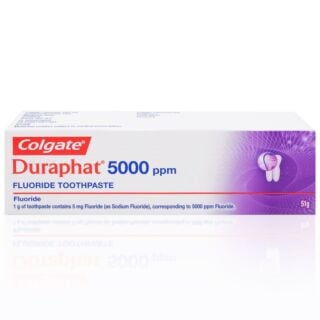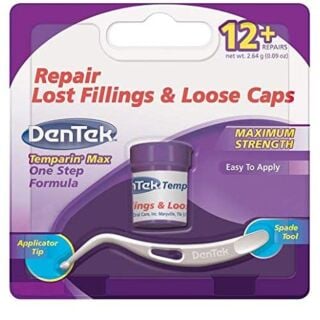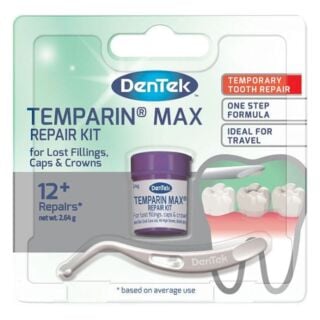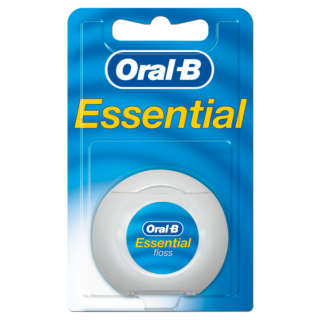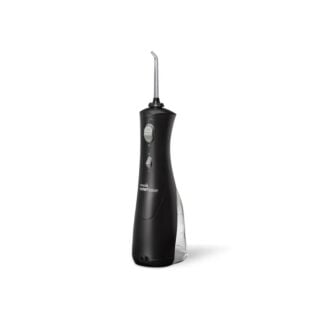Tooth Decay - Symptoms, Causes & Treatment

Tooth decay is an oral issue that is typically caused by too much sugar or not cleaning your teeth and gums properly.
Tooth decay is quite common, with one in three adults being affected. When it comes to children, it is estimated that up to a quarter of young children have tooth decay. It usually impacts on average three to four of their teeth.
It can appear differently depending on the severity and stage. More symptoms are usually experienced at later stages of tooth decay.
The damage caused by tooth decay can sometimes result in cavities, dental abscesses and in the worst-case scenario, tooth loss. If you think you have tooth decay, it is important that you seek dental advice as early as possible.
Symptoms
The symptoms of tooth decay can vary depending on the stage. When it is just beginning you might have no symptoms. [1]
As the tooth decay begins to get larger, you might notice symptoms such as:
- Toothache and pain
- Sensitivity
- Pain when eating or drinking something hot or cold
- Visible holes in your teeth
- Brown, black or white staining on the surface of your teeth
- Pain when you bite down
- Bad breath
Causes
Anyone can get tooth decay, however, there are some factors that might put you at a higher risk.
Location of the tooth
The most common location for tooth decay is the back of your teeth. The teeth you have at the back of your mouth have lots of places where food particles can be collected. They are also harder to clean due to their location. [2]
Certain foods and drinks
Foods that cling to your teeth for a long time are harder to wash away and put you at a higher risk of tooth decay. These foods include honey, sugar, cakes and cereal.
Acidic foods can also lead to tooth decay. They can react with the bacteria in your mouth and erode the enamel on your teeth.
People who smoke or consume a lot of alcohol are also at risk of tooth decay.

Snacking/sipping a lot
When you snack a lot or sip sugary drinks you are adding more bacteria to your mouth. With more bacteria in your mouth, you are adding more fuel to make acid that attacks your teeth and wears them down.
Poor oral hygiene
Not brushing your teeth soon enough after eating and drinking can cause plaque. When you get a build-up of plaque, that is when the first stages of gum disease and decay can begin.
If you are not brushing your teeth twice a day for two minutes, then you are putting yourself at risk of tooth decay.
Not getting enough fluoride
Fluoride is a naturally occurring mineral that helps to prevent cavities. Most water supplies contain fluoride.
Using toothpaste with fluoride is important when it comes to looking after your teeth. It is one of the most effective ways when it comes to preventing oral issues.
Dry mouth
When you have a dry mouth, you are not producing as much saliva as usual. Saliva helps to clear away any food debris from your teeth. Substances found in the salvia can also help to fight the acid that is produced by bacteria.
Bedtime feeding your baby
Bottles given to your baby that contain milk, formula, juice or other sugary liquids remain on their teeth for hours while they sleep. The same thing can happen with toddlers who are drinking from a sippy cup.
It is important that you practise good oral care on your little one from the start. This will get them used to having an oral routine in place.
Worn fillings or dental devices
When your fillings start to wear down, plaque can build up more easily and become harder to remove.
Dental devices can stop fitting properly, and tooth decay can happen underneath them.
Heartburn
When you have heartburn and acid reflux, stomach acid can make its way into the mouth. This can wear down the enamel of your teeth and cause a lot of damage.
Eating disorders
Eating disorders such as anorexia and bulimia can lead to tooth decay. Stomach acid from constant vomiting can damage the enamel on your teeth.
Eating disorders can also get in the way of saliva production.
Diagnosis
If you think you have tooth decay or any other oral issues you should see a dentist right away. During your appointment, your dentist will look for signs of tooth decay. They will look for white, brown or black stains on your teeth.
Your dentist might also check your teeth for areas that are soft or sticky. They can even take an X-ray which will be able to tell them if you have tooth decay and the location of it.

Treatment
Toothpaste and mouthwash
In cases where the problem isn't isn’t severe, you might be able to reverse it with the correct dental care.
You can be prescribed toothpastes such as Colgate Duraphat 2800 and 5000 which can be used for reversing tooth decay. The toothpaste contains higher levels of fluoride than regular toothpaste. It works by strengthening your tooth enamel, promoting remineralisation of the tooth’s surface.
Fillings
Fillings are usually used to repair a cavity in your tooth that has been caused by tooth decay. They can be made from different materials and your dentist will discuss which one is best for you.
If you take good care of your teeth, your filling will last for a long time. Depending on the choice of material, some fillings can last up to 20 years. [3]
Tooth decay is one of the most common reasons for needing a filling.
Root canal
A root canal is used to relieve pain from advanced tooth decay. Your dentist will remove the bacteria from the root canal system. Before treatment you are given a local anaesthetic, meaning that the treatment will be pain-free.
Once the bacteria is removed, the root canal is filled and the tooth is sealed with either a filling or a crown. Your tooth might feel sore for a few days after the procedure. If you experience any discomfort you can take over-the-counter (OTC) pain relief such as paracetamol or ibuprofen.
Tooth extraction
If all other options have been exhausted, tooth extraction might be necessary. A tooth extraction involves completely removing the tooth.
If you have your tooth removed you might need a dental bridge or implant to replace the tooth.

Prevention
By making sure that you practise good oral hygiene you can prevent tooth decay. Good teeth and gum care is important when it comes to prevention.
You should ensure you are brushing your teeth with a soft-bristled brush and fluoride toothpaste at least twice a day. If you can brush your teeth after every meal then you should.
You must also floss or use interdental brushes daily to remove any plaque build-up and debris.
Cutting back on sugary, starchy food and drinks can also help to prevent you from getting tooth decay. Some foods and beverages are better for your teeth than others. Try to avoid foods that are likely to get stuck in your teeth. Opt for foods such as fresh fruit and vegetables that help to increase your saliva flow.
You must make sure that you are visiting your dentist for regular check-ups, at least twice a year. You might need more visits if you are prone to tooth decay or other oral health issues.

